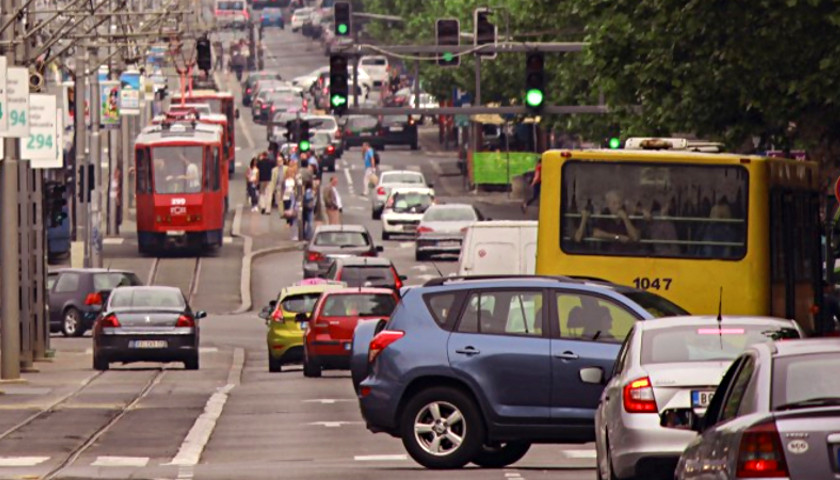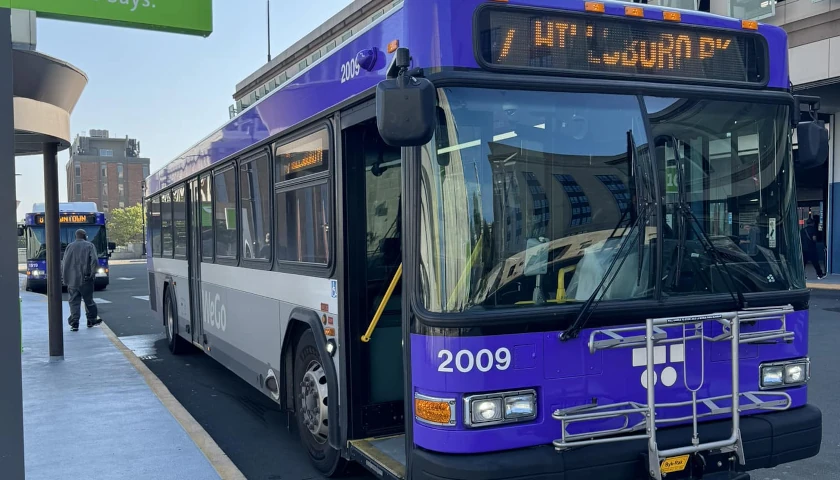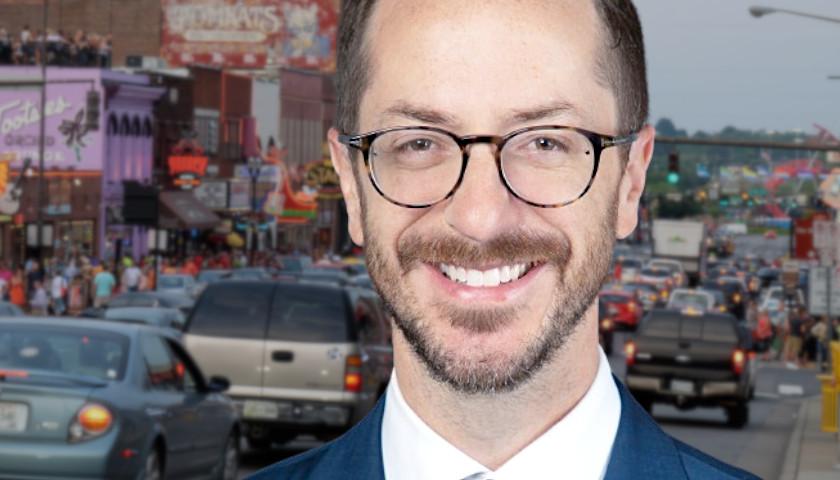by Andy Martin
Nashville is the IT city.
This could change quickly. Nashville faces a referendum for staggeringly high tax increases on May 1. We will vote to increase or leave as is, the local option sales and use tax, hotel occupancy tax, business tax, and local rental car tax. This in a state that The Atlantic already calls the Most Regressive Tax System in America.
Add to the tax increases hefty federal grants the city is chumming for, and it comes to $8.95 billion in total future costs. For what? To build and operate light rail, a massive tunnel (much like Boston’s “Big Dig”), bus rapid transit, and related projects. For scale, our entire city budget is only $2.2 billion. 81% of the $5.4 billion (current costs) go to light-rail and the tunnel.
The story within a story goes like this: Tax hungry municipal legislators run out of ideas to raise money. Taxpayers have already been promised better schools, safer streets, convention centers, arenas, affordable housing, etc. Eventually legislators run out of excuses (the sugar to make the medicine go down) to raise taxes. But, raise taxes they must, because they’ve resisted the urge to control spending. Moody’s lowered Nashville’s bond rating in 2014 because of excessive spending. We had too much fun becoming the IT city.
In rolls light rail. But, Nashville’s ridership on public transit is only 2.2% of our population of 680,000, and buses ride below capacity. The city still manages to spend $80 million on public transit a year. With the explosive growth of Uber, Lyft, ride share, and other door-to-door transit options there is little excitement for heavy spending on station-to-station public transit—yet taxes must rise.
Why is light rail the perfect chum for a tax happy mayor? There is nothing more expensive than light rail. Statistics show that it is two to sixteen-times more expensive per mile than buses. The first number is a median U.S. aggregate from the National Transit Database. The second is specific to the Nashville plan, according to Malcolm Getz, PhD, economics professor at Vanderbilt University. Light rail demands street and building destruction, land purchases, eminent domain, station and track construction, and the purchase and operation of hundreds of million-dollar trains. Light rail is wildly expensive and requires “permanent financing,” another way of saying forever taxes.
But it doesn’t work. What do the ten cities with the longest commute times have in common? Each have rail. Rail does not reduce traffic congestion.
Fortunately, there are alternatives to this plan that are ready immediately at a fraction of the cost: Bus on by-pass shoulder, ride-share, ride-hail, autonomous vehicles, etc.
Unfortunately, our fight is not just internal. There are scores of out of state entities with huge budgets that fund national efforts to push light rail: The Urban Land Institute, National League of Cities, Streetsblog.org, Summit Foundation, Congress for the New Urbanism, Associated Builders and Contractors, Bloomberg Philanthropies, TransitCenter, etc. This is the out of town “dark money” you don’t read about.
Thankfully the referendum is not polling well. The It City didn’t get that way by doing foolish things.
– – –
Andy Martin is co-author with Bruce Campbell of Cheaper Faster Greener Better, Transit Alternatives for Nashville, author of Dollarlogic, and head of two investment companies.






“….Add to the tax increases hefty federal grants the city is chumming for, and it comes to $8.95 billion in total future costs. ….”
Who has evaluated what ‘hooks’ are embedded in these “…hefty federal grants…” Will Nashville sell its soul and prerogatives of local government to DC to obtain more “free government money?”
Good article! Nashville has a opportunity to cement it’s reputation as the IT city. Whether the transit plan is voted down or not, it is imperative that acting mayor Briley be replaced too!
If the transit plan fails, AND Briley is elected Mayor, he will only find new and innovative ways to push through the Barry/Briley vision. And you’ll be able to put an “SH” in front of the city’s current moniker.
If the transit plan passes, well, then it even more imperative that Briley is removed!